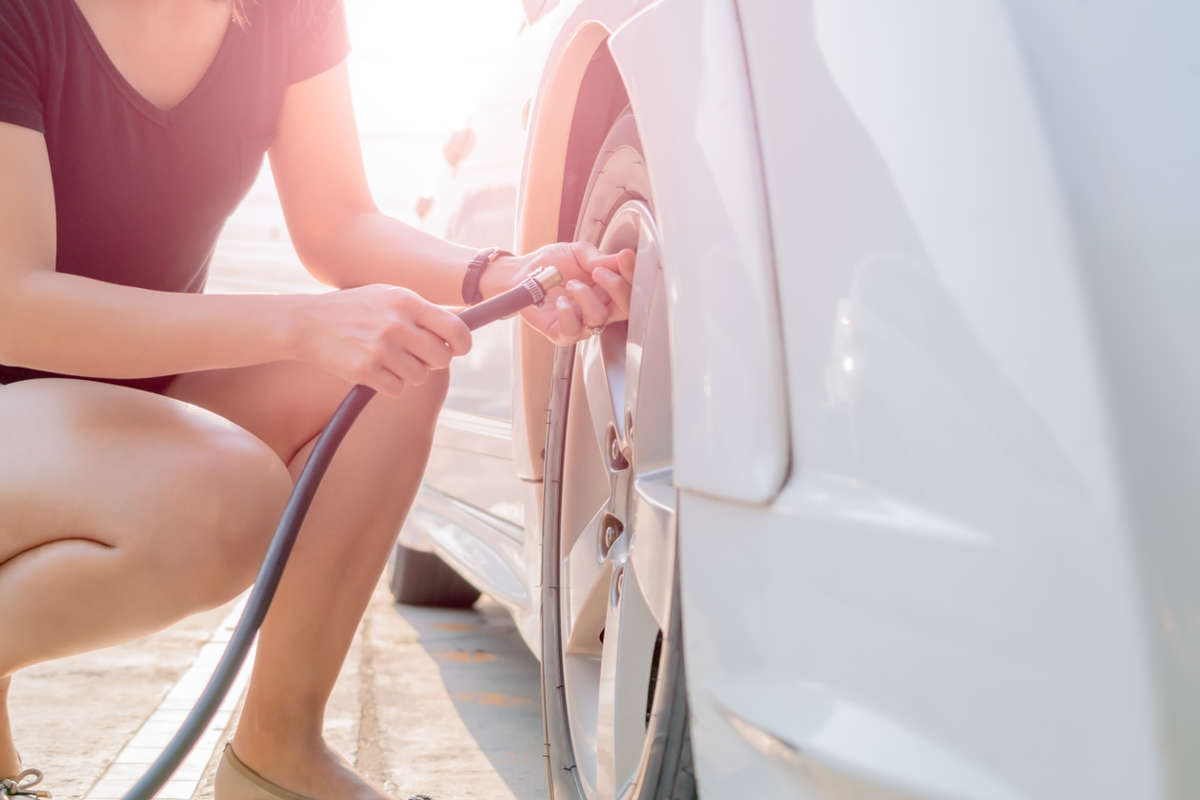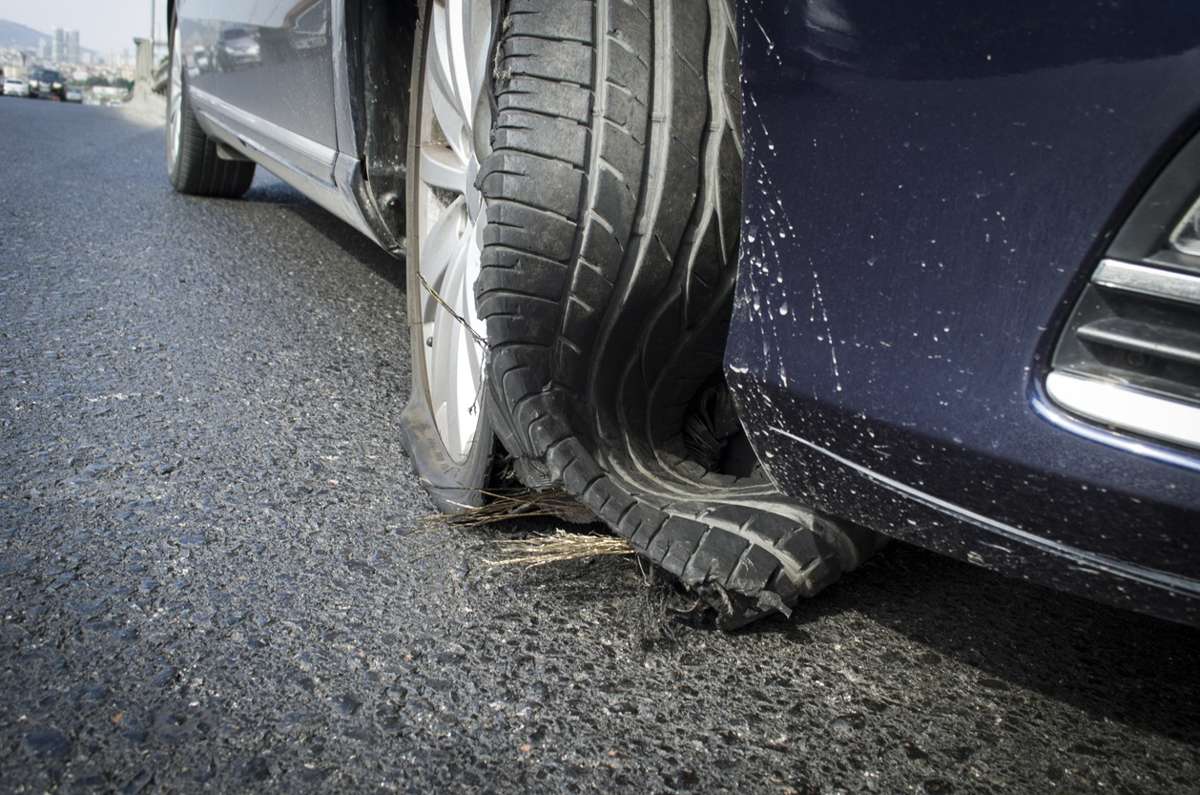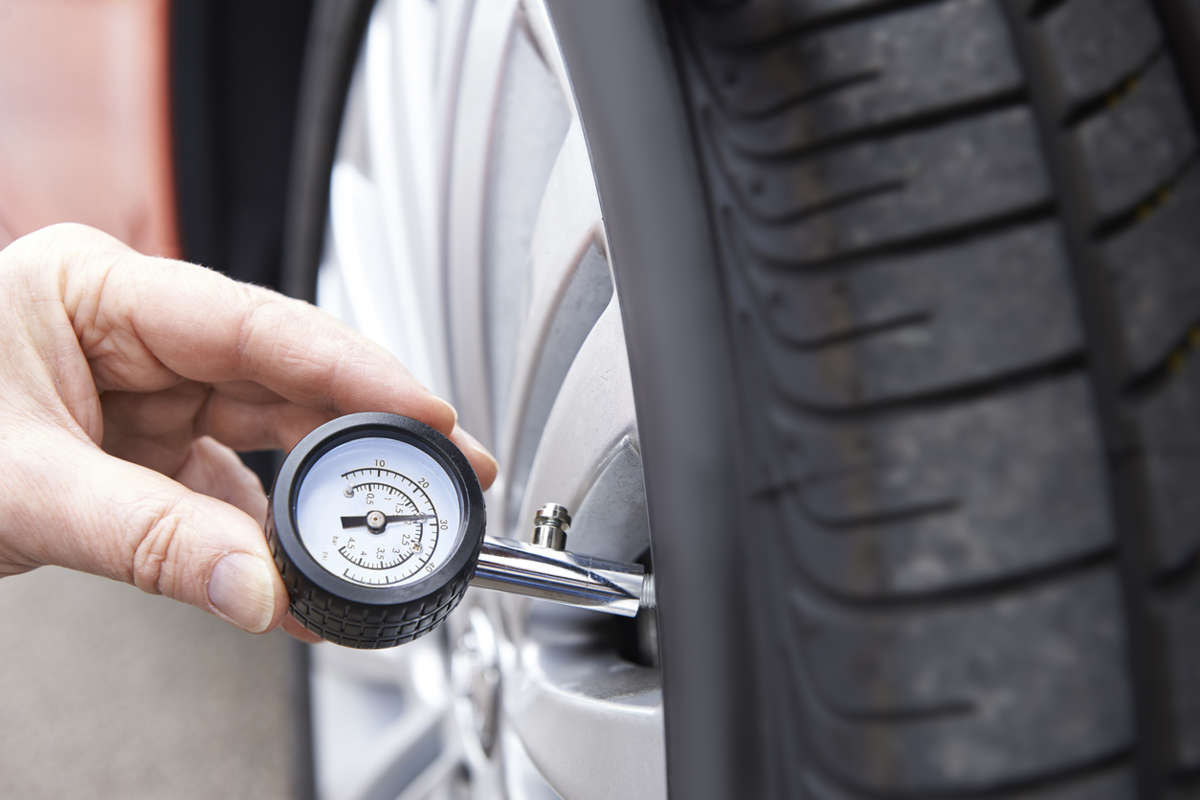Tyre Pressure Guide
When you mention vehicle maintenance to most drivers, the thought of mechanics, expensive repairs and public transport come to mind. But tyres are one of the most important safety components on your car and conveniently, something that’s easy to check at home.
Newer cars are coming out with all kinds of technology designed to make driving safer and easier. However, lane keep assist, anti lock brakes, accident avoidance and radar cruise control don’t work as effectively if your tyres aren’t kept in tip-top shape.
What are my recommended tyre pressures?
The correct pressure for your tyres can be found in the owner’s manual, or on the tyre placard - usually found inside the driver’s door jamb.
Tyre pressures should be checked with a good quality tyre pressure gauge at least monthly, although sooner if you’ve hit a pothole or noticed your vehicle handling feels ‘different’. Tyre pressures should be checked when the tyre is ‘cold’, that is before you’ve driven anywhere, for the most accurate measurements.

Tyre pressure gauges can be easily sourced from any auto parts store for just a few dollars, and are small enough to be kept in your glovebox.
If you find your tyre pressures are not close to the recommended pressures, most fuel stations have a free pump available, or you can bring your vehicle into Tyres R Us for a tyre check. We can inspect your tyres for leaks and damage.
What tyre pressures do I run on upgraded tyres?
The pressures listed on your tyre placard are suitable for the standard size tyres that came on your vehicle. If you’ve upgraded your tyres, for whatever reason, your ideal tyre pressures may be slightly different.
Even if you’re running the standard tyre sizes, if your vehicle is heavily loaded, your tyre pressures may need to be adjusted to a higher pressure than normal.
If you’ve upgraded to a new set of wheels with low profile tyres, you may find your ideal tyre pressure settings are different again, with low profile tyres typically requiring a higher pressure than standard tyres in most cases.
What are the risks of low tyre pressure?
Low tyre pressure is the number one cause of tyre blowouts. Tyres that are underinflated overheat and weaken. Tyre blowouts often happen at speed and can result in a sudden and dramatic loss of control.

Hitting potholes while your tyres are underinflated also puts your wheels at a higher risk of damage. The tyre may also roll away from the rim, resulting in loss of control.
If you periodically run your tyres slightly underinflated, you will find the outer shoulders of the tyre wearing out quicker than the centre of the tread.
Can I put too much air in my tyres?
Just as low pressure can cause issues, high pressure, while less dangerous, is no good for your tyres, your vehicle handling, or your safety.
Putting more air in your tyres than the recommended pressures can result in a sportier feeling through the steering wheel but at the cost of increased risk of tyre punctures.
Increased tyre pressures also reduce the contact patch between your tyres and the road, which is great for fuel economy but drastically reduces your grip on the road in certain situations.
Tyres that are overinflated will tend to wear out the centre of the tread at a faster rate than the shoulders.
The Goldilocks air pressure
Ensuring your tyres have the correct air pressure is simple and has great benefits in both safety and tyre durability.

Don’t forget to check your spare tyre too! The last thing you want in an emergency situation is two flat or damaged tyres!
Contact Tyres R Us for advice
Whether you’re getting ready for a trip away, in need of new tyres, or have questions relating to tyre choice, tyre pressures, wheel alignments or wheel balancing - book into Tyres R Us today to have one of our expert technicians answer your questions. For all things tyre and wheel related - you can’t go past the knowledgeable team at Tyres R Us.
Contact us today on 03 9362 1611.
